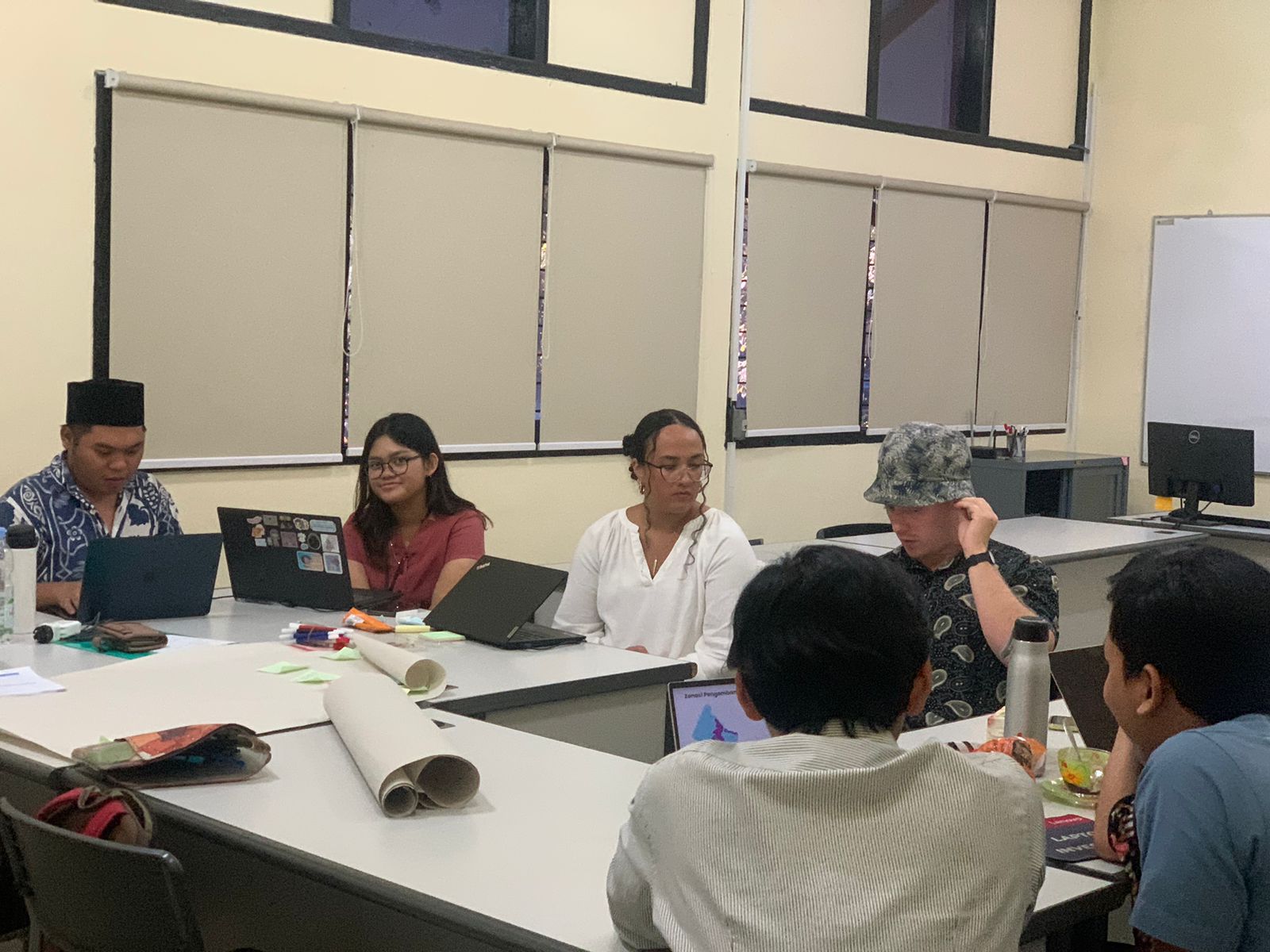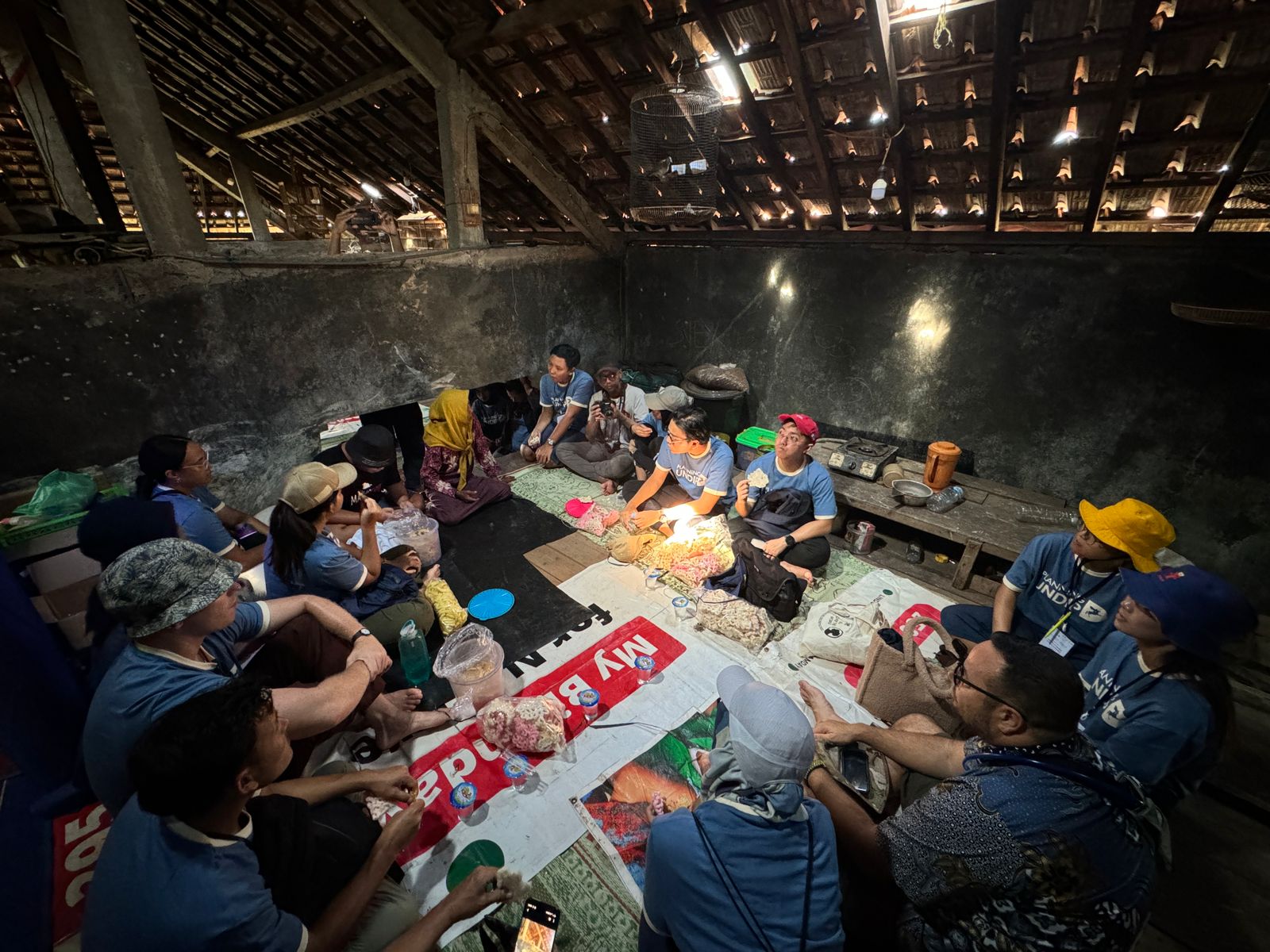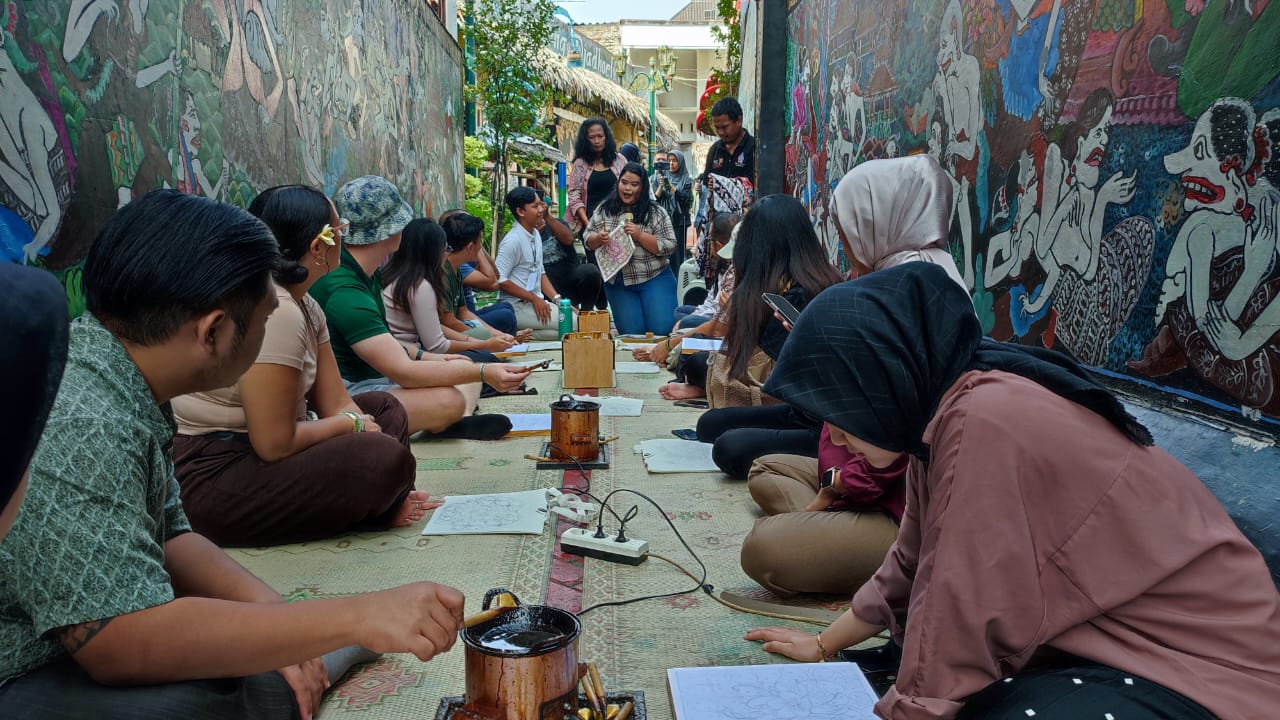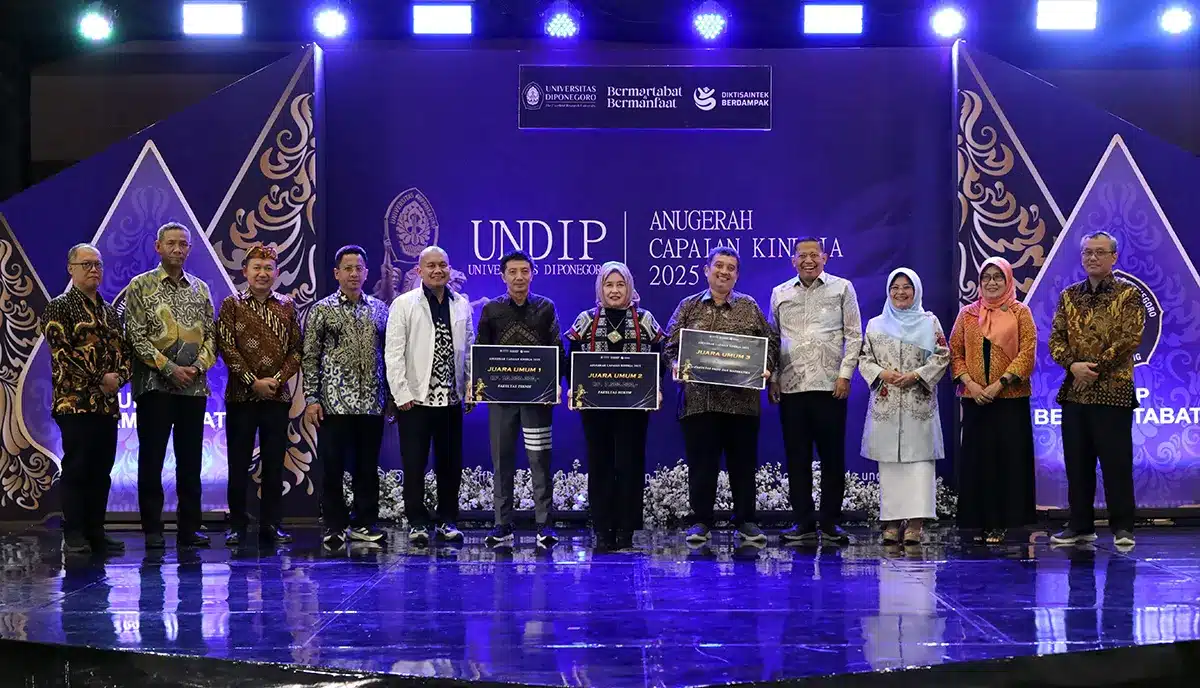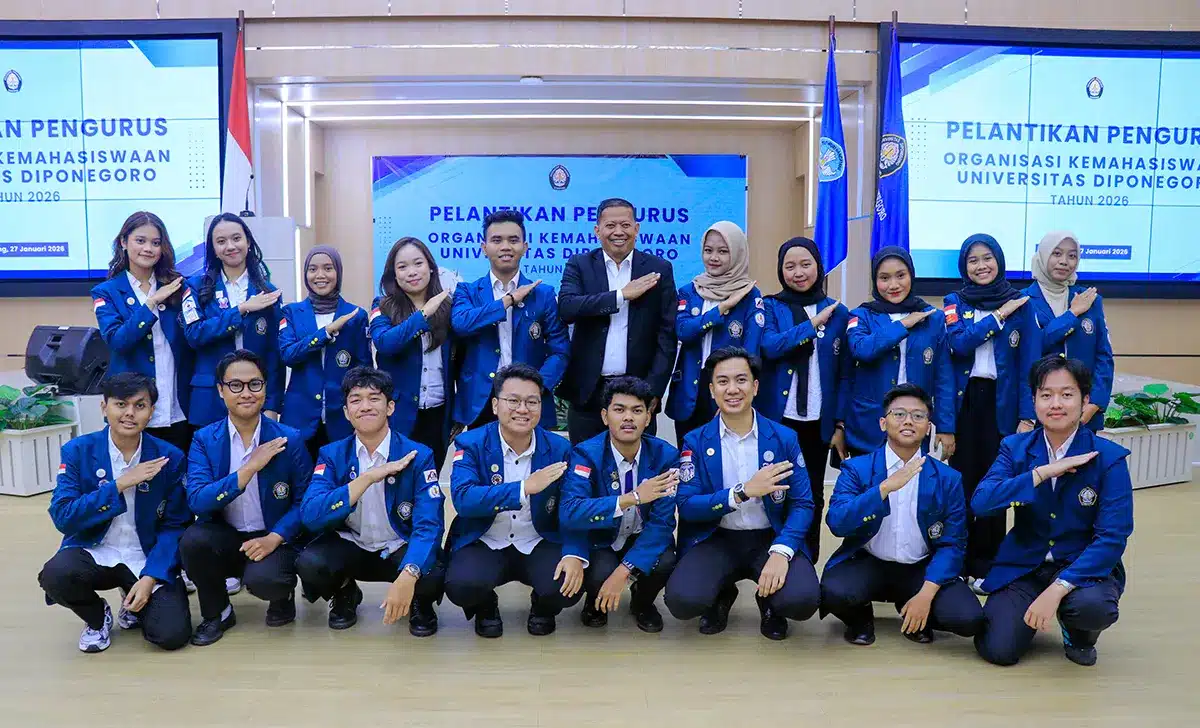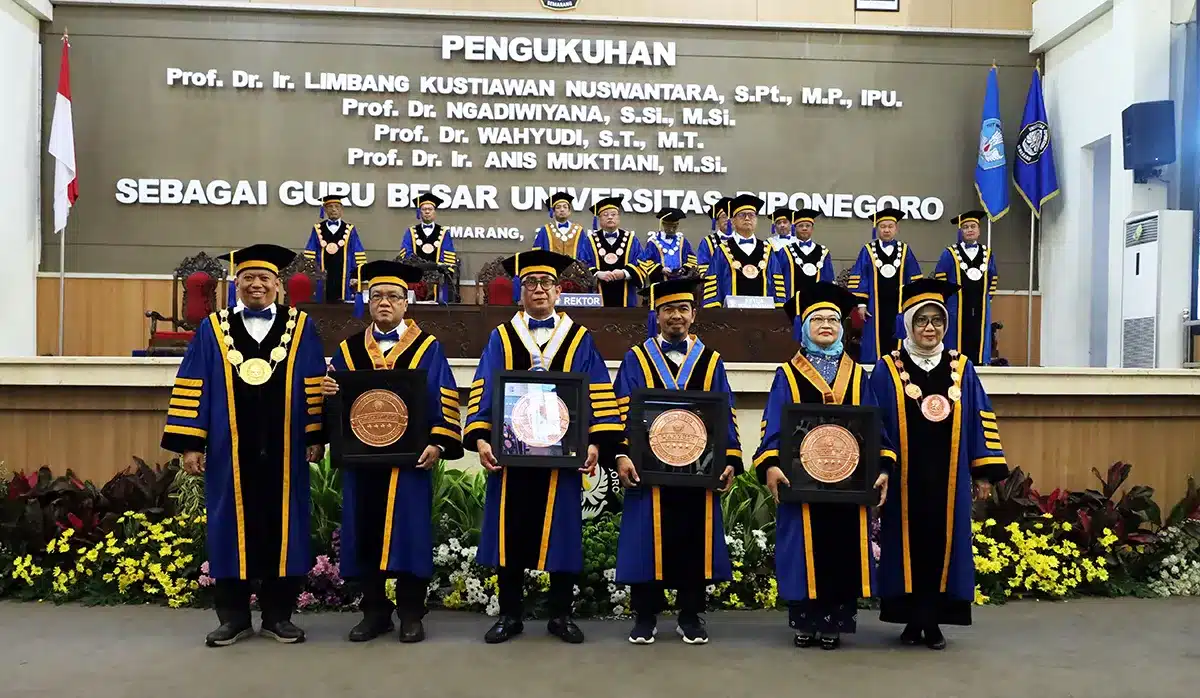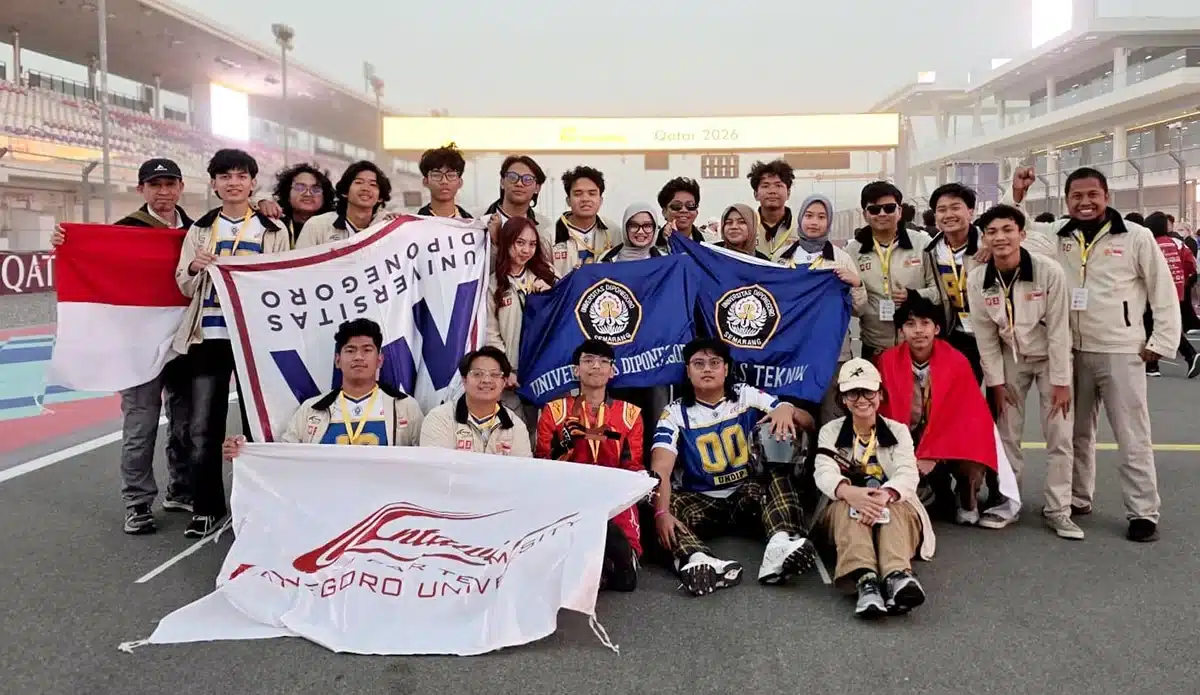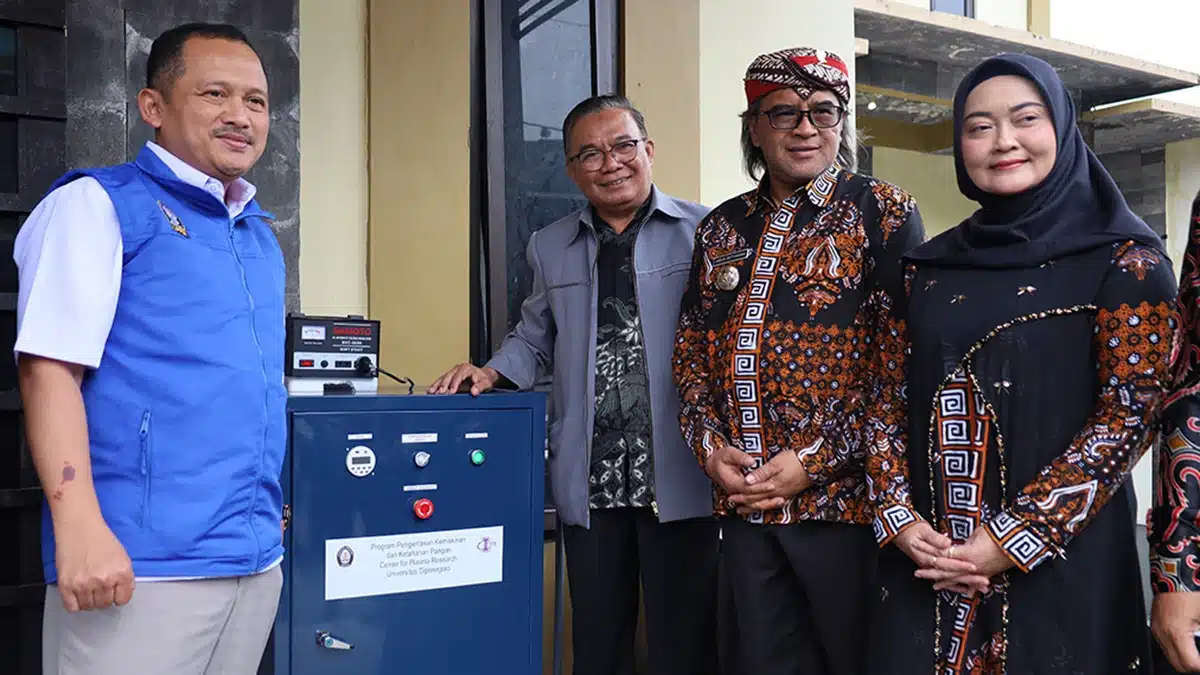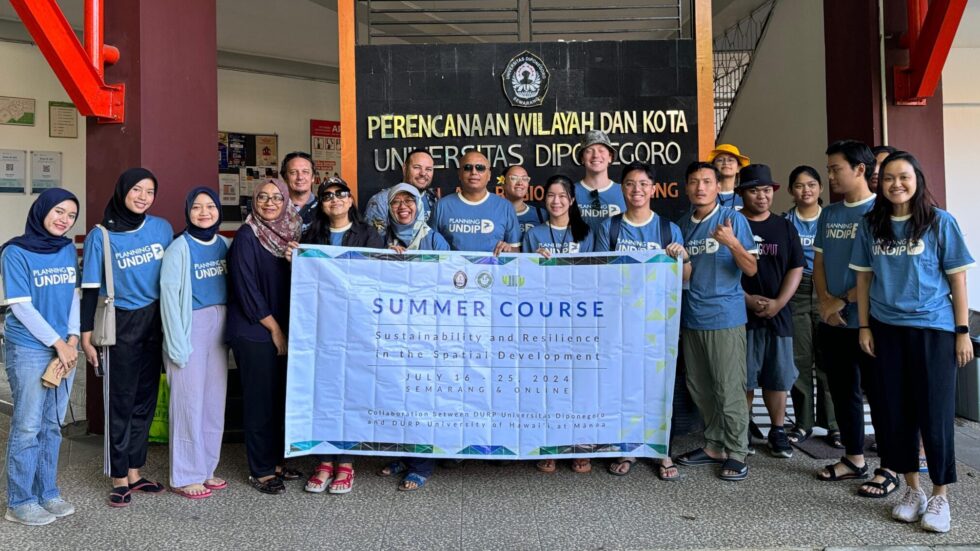The UNDIP’s Urban and Regional Planning Department collaborated with the University of Hawai’i at Manoa to host a Summer Course themed “Sustainability and Resilience in Spatial Development.” The program, held from July 16 to July 25, 2024, was attended by students from various countries, both in person and online. The opening ceremony took place in the Theater Room of the UNDIP’s Urban and Regional Planning Department.
The Head of the UNDIP’s Urban and Regional Planning Department, Prof. Dr.-Ing Wiwandari Handayani, S.T, M.T, MPS, explained that this is the third time the Summer Course has been organized in collaboration with the Urban and Regional Planning Department of the University of Hawai’i at Manoa. According to Prof. Wiwandari, this year’s summer course is different from previous years.
This year, in addition to being conducted in a hybrid format via MOOC (Massive Open Online Course), participants also participated in a two-day symposium on Urban Teaching and Planning, a joint initiative with the LuceSea Foundation and the University of Hawai’i at Manoa.
“This year is slightly different because we’ve integrated the Summer Course program with our research with the LuceSea Foundation on Urban Teaching and Planning. Therefore, we have a two-day symposium combined with field visits,” said Prof. Wiwandari.
Assoc. Prof. Ashok Das, M.Arch, M.A, Ph.D., from the University of Hawai’i at Manoa, warmly welcomed this year’s Summer Course. According to Ashok, Semarang is a highly intriguing location due to the numerous issues that can be studied. He hopes the students will gain valuable insights from Semarang.
“There aren’t many places as fascinating as Semarang. Here, you can encounter a variety of issues—economic development, climate change, sea-level rise, traditions, culture—directly facing modernization, urbanization, and the erasure of cultural and historical identities,” said Ashok.
During the summer course, participants were not only provided with lectures and studio classes but also had the opportunity to visit several locations to learn firsthand how local communities cope with climate change, such as Sayung Village and Tambakrejo. Additionally, participants had the chance to learn batik-making at Laksmi Art Batik.
Jacob Wruck, a participant from the United States, expressed his enthusiasm for the Summer Course. He considered the program an excellent opportunity to learn directly from affected communities.
“This Summer Course is truly amazing. We have the chance to engage with communities, ask residents directly, and understand the factors contributing to their situations. It feels incredible to experience it firsthand and to ask questions that we couldn’t answer through classroom research alone,” said Jacob.
